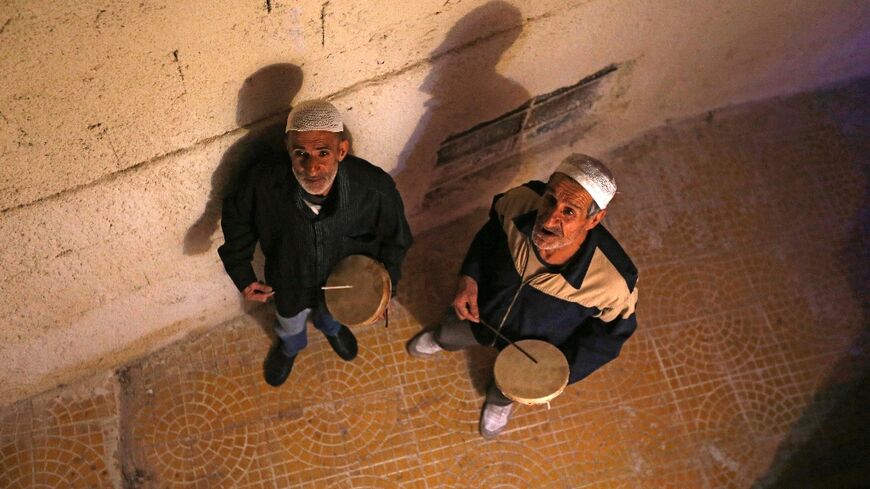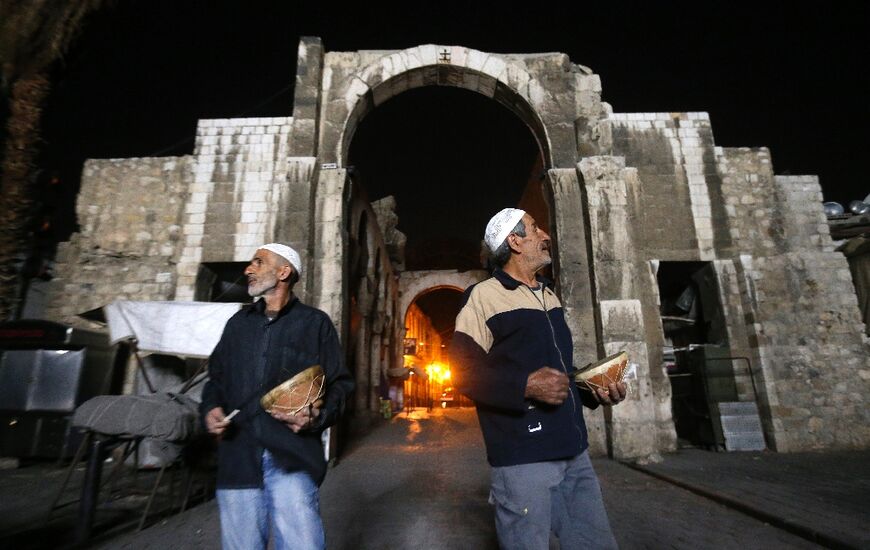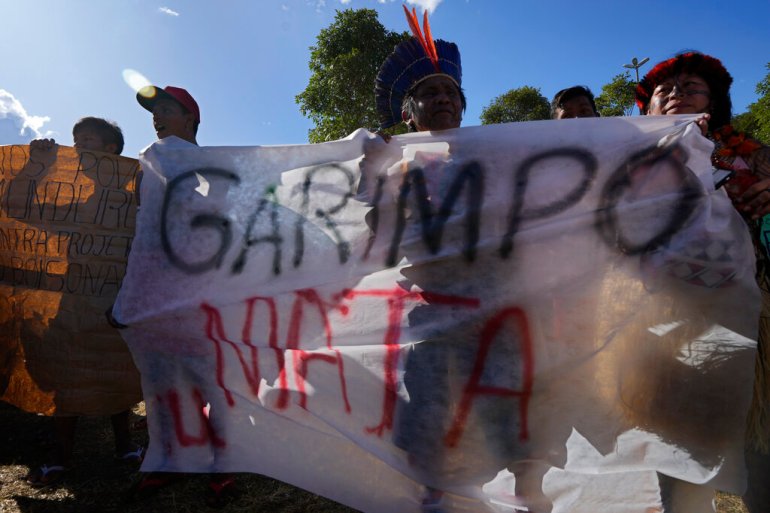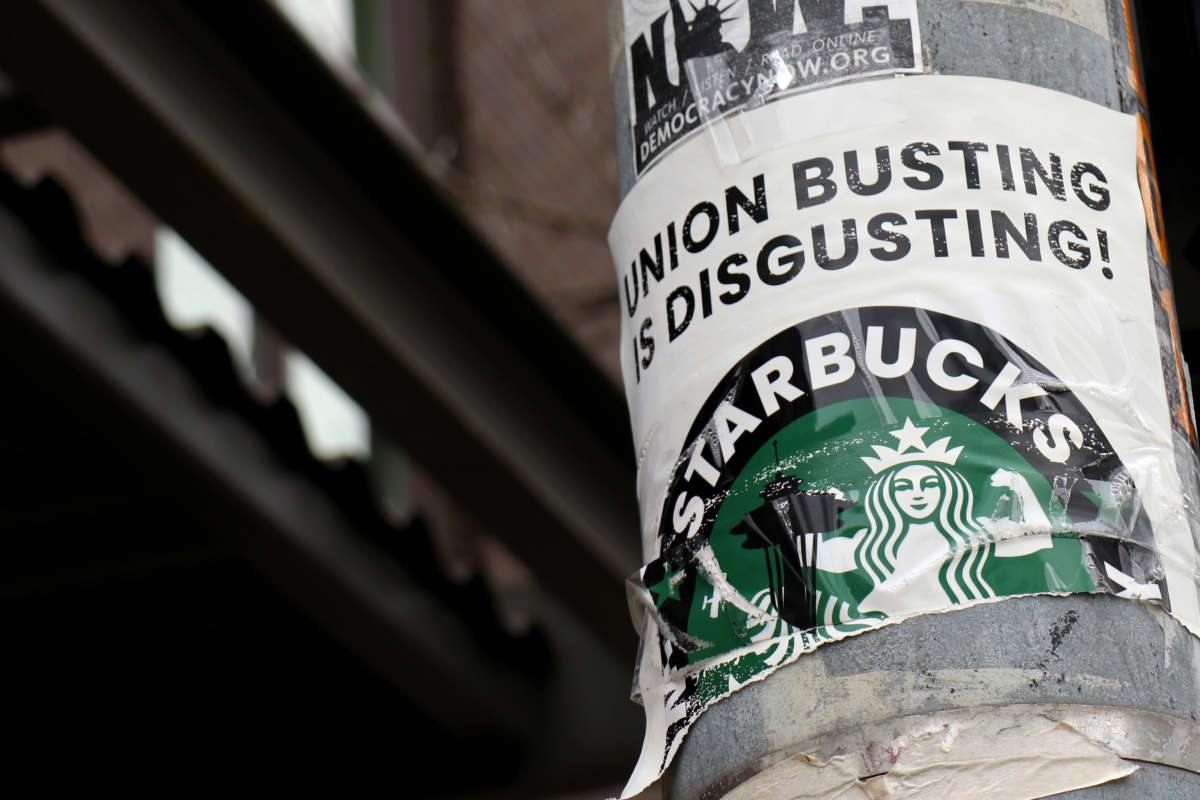ECOCIDE
Gas tank graveyard has Mexico City residents up in arms
Thousands of disused gas cylinders were made to sit outside down the sun at a former refinery in Mexico, producing a foul smell that neighbors say has made their lives a nightmare.
over every night, Cesar Rivera and his wife leave their apartment because the odor becomes too much, the 37-year-old web programmer told AFP.
“The smell is so strong at night so unbearable that it’s like the stove isn’t turned off properly,” he said.
The couple also fears that the liquefied petroleum gas seeping from the cylinders which are used by many households in Mexico City — will cause an explosion or make them sick.
“The building administration has asked us not to smoke or use the stove burners when the smell’s stronger. It has completely changed our lives,” said Rivera.
“It’s a time bomb,” he added.
Aerial images were taken by AFP show what looks like a huge graveyard in the west of the capital, surrounded by residential districts.
But instead of human remains the disused refinery of state-owned oil giant Pemex has become the resting place of thousands of old multicolored gas cylinders.
Rivera said that he and his wife had suffered due to the smell for eight months, but only discovered in January what the source was.
– ‘Vomiting, headaches –
LP gas, made up mainly of butane and propane, is odorless so producers add mercaptan to give it a nauseating smell that allows it to be detected.
Although “the gases produced by its combustion are not toxic or carcinogenic” a leak can cause a build-up that “can be explosive and can suffocate people in small spaces,” Mexico’s National Commission for the Efficient Use of Energy says on its website.
The tanks were stored at the old refinery by the state firm Gas Bienestar, which was created in 2021 to expand competition in the sector, after exchanging old or damaged cylinders free of charge for new ones.
In January, the Mexico City authorities said in a statement that Pemex was in the process of removing them.
Contacted by AFP, the company said it was unable to give an interview about the matter.
Mexican civil protection authorities did not respond to a request for information about the risks posed by the cylinders.
According to Ricardo Torres, an expert at the National Autonomous University of Mexico, LP contributes to the formation of ozone, which at ground level is a harmful pollutant for people and the environment.
Firefighters at a nearby station said they receive daily reports of gas leaks, when in fact the odor comes from the disused tanks.
“We’ve gone to the former refinery, but they don’t see us,” says station chief Cesar Suarez.
Juan Macias, who runs a carpentry workshop next door to the old refinery, said that he now closes the windows in the afternoon despite the stifling heat.
“We feel like vomiting and have really bad headaches,” he said.
“The authorities say there’s nothing to worry about,” the 44-year-old added.
“But everyone here thinks there’s some danger, so we always take care not to light anything when it smells a lot for fear of an explosion,” he said.







































